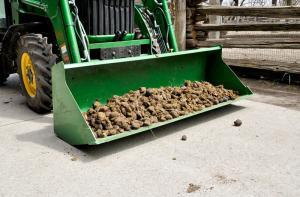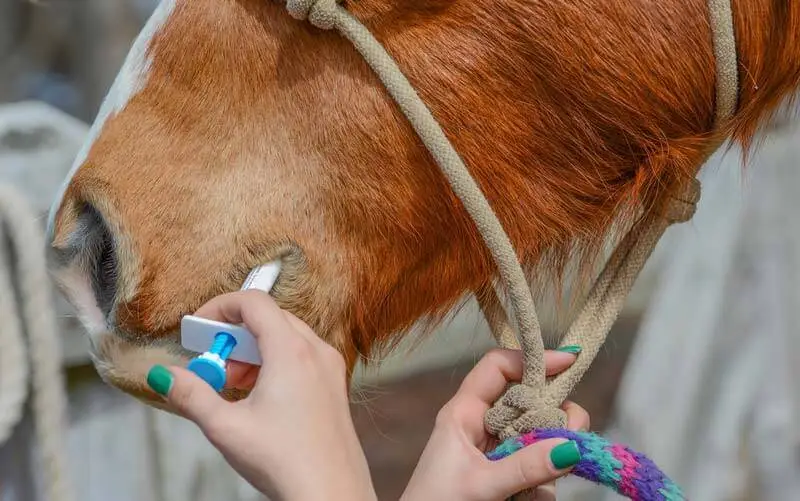What is rotational worming?
Rotational worming is a traditional worming strategy developed more than 40 years ago when large strongyles were the most concerning parasite in horses. This worming strategy worked very well but, today, with worm resistance on the rise, new strategies are needed.
Traditionally, rotational worming aimed to eliminate large strongyle populations before they matured. Treatment every two months was successful in preventing large strongyle eggs from re-appearing in manure and contaminating pastures.
Unfortunately, traditional rotational worming and a continued reliance on only three drug classes has led to worm resistance in small strongyles and ascarid populations in horses around the world. As such, new worming strategies are essential to rid horses of high worm burdens.
Worming Strategy
Today, horse owners are advised to develop a strategic worming program that’s unique to the parasites present on their own properties. It starts with conducting a Faecal Egg Count Test, to identify the types of worms present.
In effect, by identifying the parasites affecting your horse – and not simply assuming – horse owners can then create an effective worming program that will target specific parasites at different times of year, depending on season and lifecycle.
Drug Rotation
When alternating between worming products throughout the year, horse owners must be mindful that many wormers contain the same active ingredients. Switching brands or boxes is not enough; you must ensure you’ve changed to another wormer with the correct active ingredient.
The two main families most commonly used are the Benzimidazoles (BZ’s) and the Macrocyclic Lactones (ML’s). The Tetrahydropyrimidines (THP’s) are usually used in combination with other active ingredients to target specific parasites.




